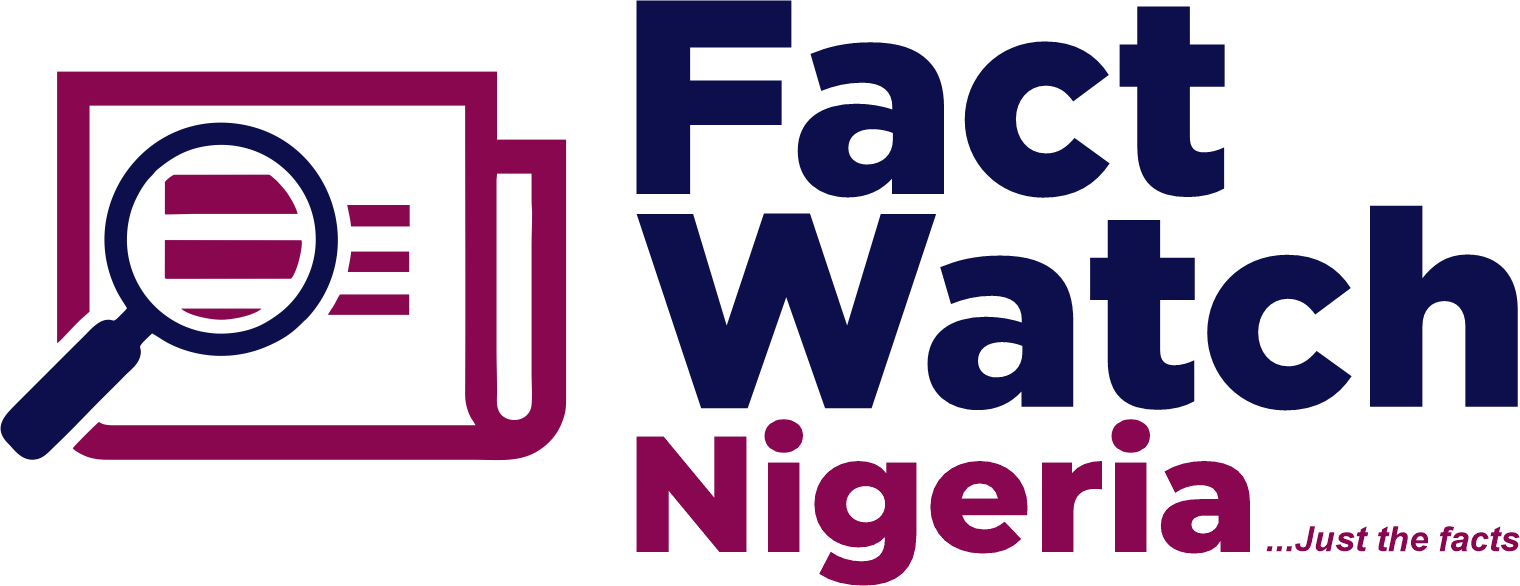Elon Musk has been tricked by fake news on his own platform after reposting an image of a fake news headline about the UK’s response to riots, The Independent reports.
It comes as the billionaire faces ongoing criticism about his engagement with, and handling of, misinformation.
The owner of social media giant X reshared an image posted by Britain First co-leader Ashlea Simon; a screenshot which purported to show a headline from the Daily Telegraph website, claiming the Government was considering creating temporary detainment camps on the Falkland Islands for those arrested during the recent riots.
However, the Telegraph quickly debunked the image, posting to its official account on the platform: “The Telegraph is aware of an image circulating on X which purports to be a Telegraph article about ’emergency detainment camps’.
“No such article has ever been published by the Telegraph.”
Mr Musk and Ms Simon have since both deleted their posts, but not before Mr Musk’s post was seen by hundreds of thousands of his followers – of which he has 193 million – and other users.
The SpaceX and Tesla owner has been heavily criticised in recent days for a number of posts about the disorder in the wake of the Southport stabbings and was called “deeply irresponsible” by Justice Secretary Heidi Alexander for posting that “civil war is inevitable” in the UK.
Both X and Mr Musk have come under increased scrutiny since the businessman took over the site in late 2022, with the billionaire himself engaging with misleading content and accounts known for spreading misinformation on a number of occasions.
In recent days he has posted a number of images and memes stoking division around the anti-immigration protests and disorder in Britain, recently reposted a misleading video of US vice president Kamala Harris that had been manipulated by AI, and has previously engaged with accounts known to have spread misinformation on a number of topics, including Covid-19 and vaccine safety.
His approach to running the platform has been heavily criticised after he substantially cut staff numbers and changed the site’s verification and content moderation systems, saying he wanted to allow “absolute free speech”.
Under his leadership, the company has also restored the accounts of many figures previously banned for breaking site rules around hate speech, including in some from the UK such as Tommy Robinson – real name Stephen Yaxley-Lennon – and Katie Hopkins.
Elon Musk branded the Prime Minister ‘two-tier Keir’ in a series of tweets on Tuesday (Kirsty Wigglesworth/PA)
Elon Musk branded the Prime Minister ‘two-tier Keir’ in a series of tweets on Tuesday (Kirsty Wigglesworth/PA) (PA Archive)
Since then, many users claim to have seen an increase in misinformation and hateful content, as well as pornography and spam posts and accounts, despite Mr Musk claiming he would “defeat the bots” after taking over the company.
Earlier this week, one social media expert accused Mr Musk of being an “attention seeker” and the “PR manager for the far right” who is courting controversy to try and drive more engagement on X to help the site’s advertising revenue.
Matt Navarra said: “I think, to be honest, right now, Elon Musk is acting like the PR manager for the far right and can reasonably be put in the same class as Andrew Tate and Tommy Robinson.
“The thing that speaks volumes to Elon is money, and also things that power his ego.
“He speaks of standing up for free speech, but his actions and words are almost always self-serving and do nothing but drive attention to him and to his businesses, growing an ego that, to be honest, is already out of control.”
Mr Musk’s actions have led to calls for harsher punishments to be levelled at social media platforms and their managers for allowing harmful content to spread.
The UK’s Online Safety Act, which passed into law last year but is yet to be enacted fully, could see the biggest platforms facing billions of pounds in fines if they do not comply with the new rules, with criminal liability for named managers a possibility in some instances, as is the potential for sites to have their access limited in the most severe cases.
Credit: The Independent






